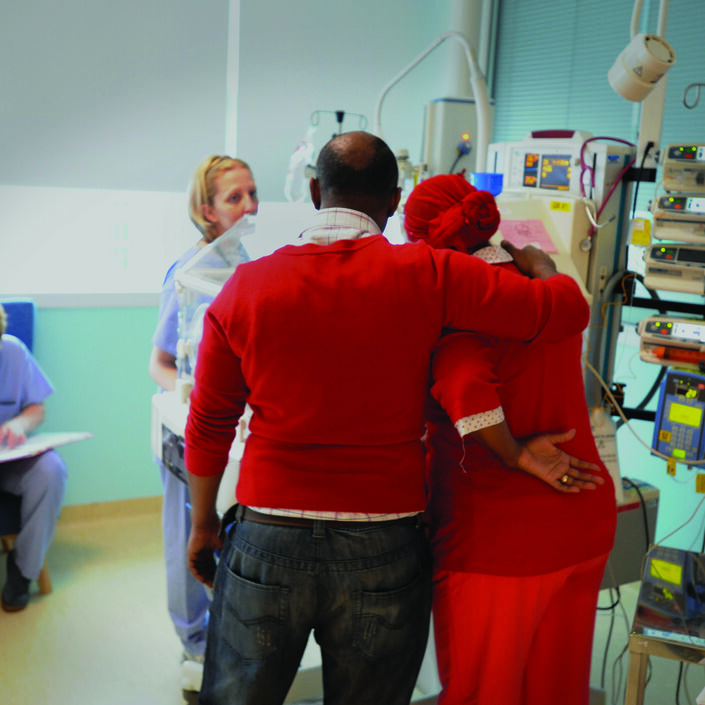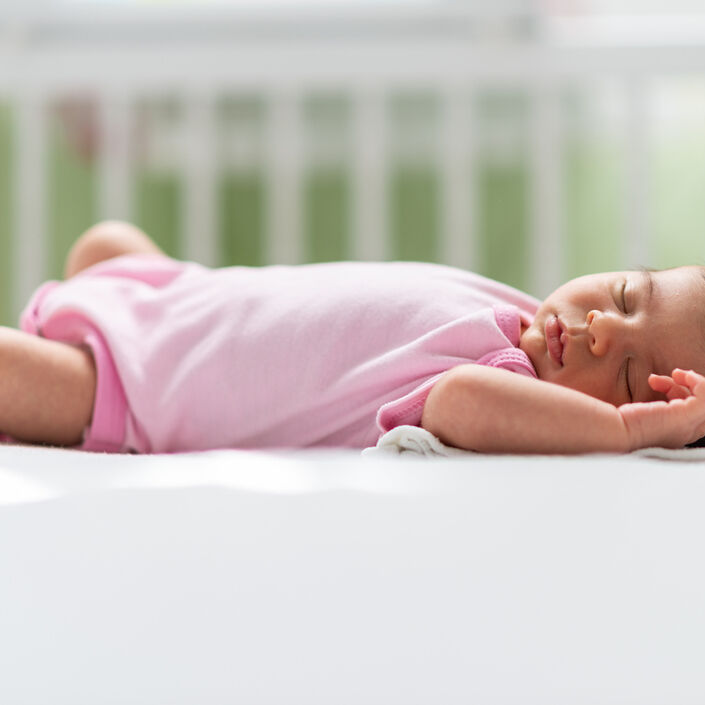Follow-up appointments
Once your baby has left the unit, you are likely to need to attend follow-up appointments. These appointments will check your baby’s health and development.
You will have been given a red book, where information about your baby is recorded. It will be helpful to bring your baby’s red book to these appointments.
Some parents feel anxious about attending follow-up appointments. It can be helpful to write down a list of questions you want to ask before each appointment. Doing this may help you feel more in control. You may also want to take someone with you to help remember what was said.
For some babies there are several follow-up appointments. If you are finding it difficult to manage the number of appointments you have, talk to your health visitor. It may be possible for them to help you rearrange some of them. You can also talk to the healthcare professionals your baby is seeing to see if you can get more than one of the appointments on the same day.
Travelling to and from hospital and hospital parking can be expensive. Your health visitor or staff at the neonatal unit may be able to tell you more about what support you can get with travel and parking costs.
Having visitors
When you get home, friends and family are likely to want to visit you and your baby. You may want to limit visitors for a time after leaving the neonatal unit so that you have private time together to settle into being a new family. You may also limit visitors to reduce the risk of visitors passing on infections to your baby.
Babies born premature or sick have a higher risk of infection. When you leave the neonatal unit, it is important to avoid contact with adults and children who have cold or flu-like symptoms or stomach upsets. This will reduce the risk of infection for you and your baby.
We have more information about how to notice if your baby is becoming unwell and how to reduce the risk of infection.
Babies born premature may also be more sensitive to bright or noisy environments, so limiting visitors may prevent them from getting overstimulated.
It is important that you do not allow anyone to smoke in the same house as your baby. All babies’ lungs are not mature at birth, and exposure to tobacco smoke can affect the growth of their lungs. For babies born premature or sick, being around smoke can increase the risk of them getting an infection in their lungs.
You may find it stressful if you have visitors who want to hold or touch your baby. If you are nervous about this, try and explain the situation to them before they arrive. They will understand and want to support you. You can also share this information if it helps you to explain why you are concerned.



